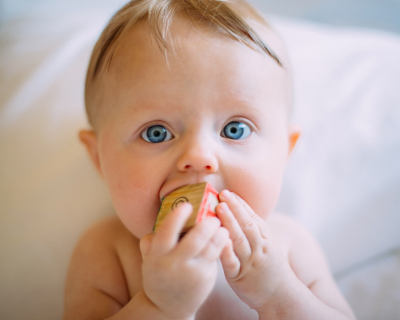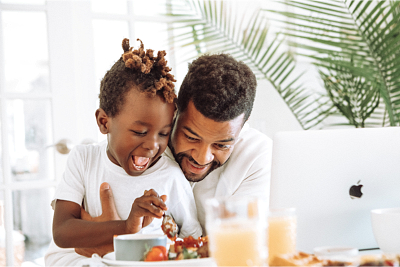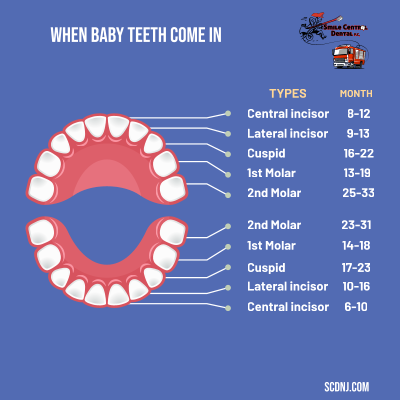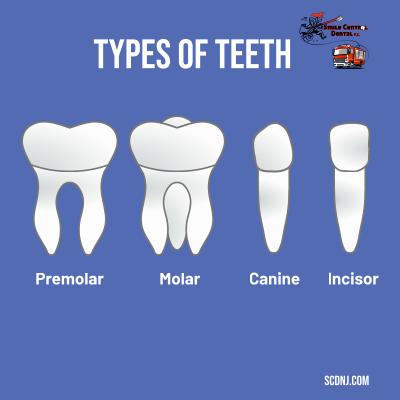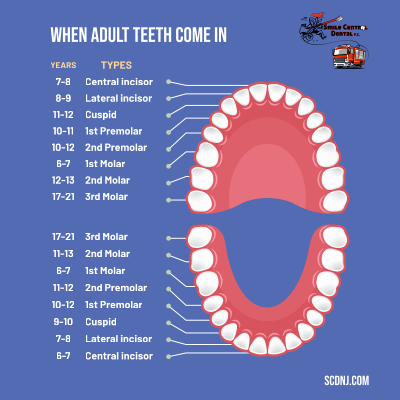Baby Teething Comforting tips
June 20th, 2021
Baby, might seem cranky, maybe crying or fussing more often, and seems to be drooling more often as well. What's happening to baby?
Most kids start the process of teething when they are 6 months of age. The 20 baby/primary teeth sitting below their gums start to emerge. Although teething is a natural process, it comes with sore gums, drooling, crankiness, and tears making it an ordeal for babies and parents alike.
You may also notice that baby is chomping away at fingers, crib sides, toys, blankets, and just about anything they get their hands on.

If your baby is having a hard time with teething, try these simple tips to help ease the pain and soothe sore gums.
Cold is comforting
Using a cold washcloth, or a gauze pad for massaging the baby's gums and applying gentle pressure might help alleviate their pain. A cold spoon or teething ring can be soothing on a baby's gums as well.
Give the Baby Chilled Fruits
If your baby has started having solid foods, you can give them chilled fruits to nibble on.
Make sure to give it in a mashed form to monitor the child at all times to avoid choking.
Pacifiers or Teething Toys

Chilling pacifiers or teething rings and toys combine the idea of cold treatment as well as something to chew on and is one of the most widely used ways to comfort a teething child. Chilled teethers or pacifiers help in comforting a child in pain, as the cold soothes those irritated gums by numbing the pain. Just chill teething toys or pacifiers for around 10-15 minutes. Make sure you don't leave the objects in the freezer for too long, as the object develops a layer of ice around itself, chewing on them may cut the baby's delicate gums.
Prepare a Milk Popsicle
The discomfort of teething can make some children refuse to eat. Keeping the baby hydrated and well-fed while comforting their irritated gums at the same time is essential. Milk or fruit popsicles can be a good source of that.
Keep the drool away
Teething is often associated with drooling, and the drool buildup around the child's face can lead to rashes. Make sure to keep cleaning that excess drool off their face as this is very irritating for the baby but can also lead to discoloration of their sensitive skin.
Have Some Extra Cuddles with your baby
If the baby seems to be in an irritable mood when teething, rocking them in a chair or carrying them around the house can work wonders for helping with the discomfort. This will help the child relax, while also creating a calm environment for both of you to fall asleep.
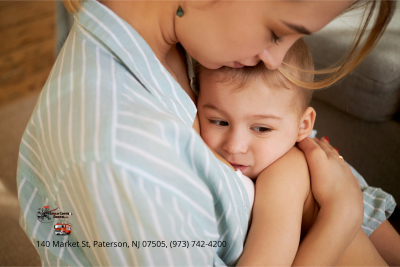
Over-the-Counter Medications
Going for over-the-counter pain medicines such as acetaminophen or ibuprofen is recommended as the last resort when nothing seems to help the child feel better. Consult your baby's doctor to find the correct painkiller that suits your child, along with the right dosage. It's better to avoid teething gels and medicines containing benzocaine or lidocaine as these can make swallowing difficult and numb a baby's mouth.
There is also Orjael cooling gel and baby Orajel tooth/gum cleanser.
Regular visits during the early years help healthy teeth and gums in the long run as proper oral hygiene prevents dental problems from occurring later in life.
Once your child turns 6 months or their first tooth starts erupting - they are ready for their first dental visit.
Babys first dental visit
Did you know that the first time to schedule a visit to the dentist is as soon as you start seeing teeth develop? That's right, visits to the dentist can be as early as that.
If you haven't scheduled a visit yet, contact us...
Mommy Tips and Daddy Tips
Whenever you are looking for Dental Mommy tips or daddy tips, you can consult with us, or check out our articles on those topics and more.
Looking for the best kids dentist near the Paterson, Passaic, and Union City areas?
We are here serving Paterson, Passaic, and Hudson NJ, and the surrounding communities, we offer comprehensive oral health services ranging from routine cleanings to emergency treatment. We are committed to creating a warm, welcoming environment to keep all members of the family comfortable in the office.
Paterson(973) 742-4200
Passaic ( 973) 574-1000
Union City(201) 325-8444
Find reviews and updates on Facebook, learn more about our practice online, or give us a call (973) 742-4200

